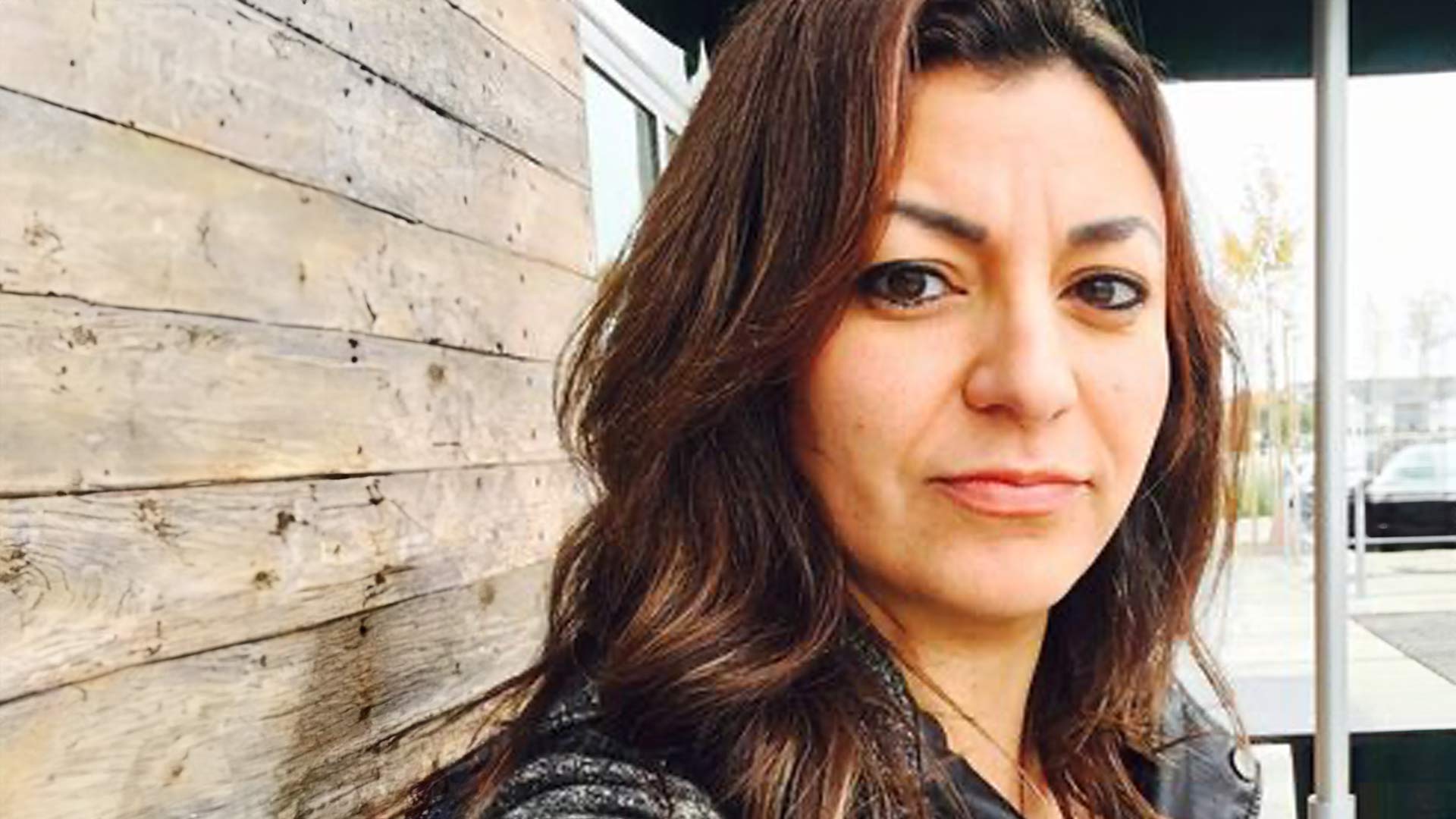Tell us about your background.
I was born and raised in Cairo, Egypt. My graduation project was figuring out emergency escape routes for a deteriorated low-income neighborhood in Egypt where old wooden buildings were on narrow alleys that fire trucks and ambulances could not access. This project inspired my first interest in using data analysis for the public good.
However, I remember wanting to conduct a geo-spatial analysis for my project but I did not have a desktop computer at home. I couldn’t stay late at my school’s lab to do the analysis because in my community, women are required to be home before sunset or face punishment.
I moved to the San Francisco Bay Area seven years ago. While pursuing my M.A. in Urban Affairs, I got interested in data science while conducting geo-spatial analysis for a school project. Coming from a very strict culture to a very open culture where everyone is welcome was like a rebirth. I love dancing and spending time with my two daughters (15 and 11 years old), watching them grow up with access to opportunities beyond my expectations.
What are you currently working on?
My work is at the intersection between public policy and data science. For example, gun violence and homicides have been a huge issue in Oakland that disproportionally impacts people of color. At Urban Strategies Council, I use quantitative and qualitative data analysis to demonstrate the trends and patterns of gun violence to inform public policies.
How did you learn about Women in Data Science (WiDS)?
I first discovered WiDS when my professor at graduate school recommended that I go to Stanford’s first WiDS conference in 2015. Listening to all of those amazing women speaking about their challenges pursuing a career in data science inspired me like nothing before; it was like living a dream coming true. I started as a participant at the 2015 WiDS conference, and was a WiDS Ambassador for Oakland in 2018 and 2019.
How has WiDS made an impact on your life and/or work?
WiDS has empowered me to take charge of my career and think differently about my goals.
The affiliation with WiDS has greatly boosted my self-esteem, professional confidence, career development, and future career path. I am now eager to pursue my career with confidence.
The WiDS community helped me realize that I am missing significant tools to compete and work in the era of big data. I have to learn about new technologies to compete in a market dominated by men. As a WiDS Ambassador, I learned about and attended the Stanford Institute for Computational & Mathematical Engineering (ICME) Summer Workshops on the fundamentals of data science. That was a life-changing opportunity shaping my work in the short term and my career path on the longer term.
What comes next for you? And what are your hopes for women in data science in the future?
Entering the data science field as a mid-age woman is challenging and might require mentorship. WIDS has brought me into a growing community that I am proud to be part of. Through WiDS, Oakland 2018 and 2019, I connected with women in the field, and we shared our visions, frustrations, and hopes for women in data science. We focused on advancing women of color in the field. I would like to continue with this focus in WiDS 2020. I also hope to expand the WiDS network beyond being a one-day event every year. I would like to see a mentorship space all year round that focuses on career coaching.
I hope that more women interested in data science can find the financial resources, mentors, training, and community they need to shine. With all of the ongoing women rights movements, we need to make women more visible and powerful not only as data scientists but as leaders for data-driven social change and innovation.


